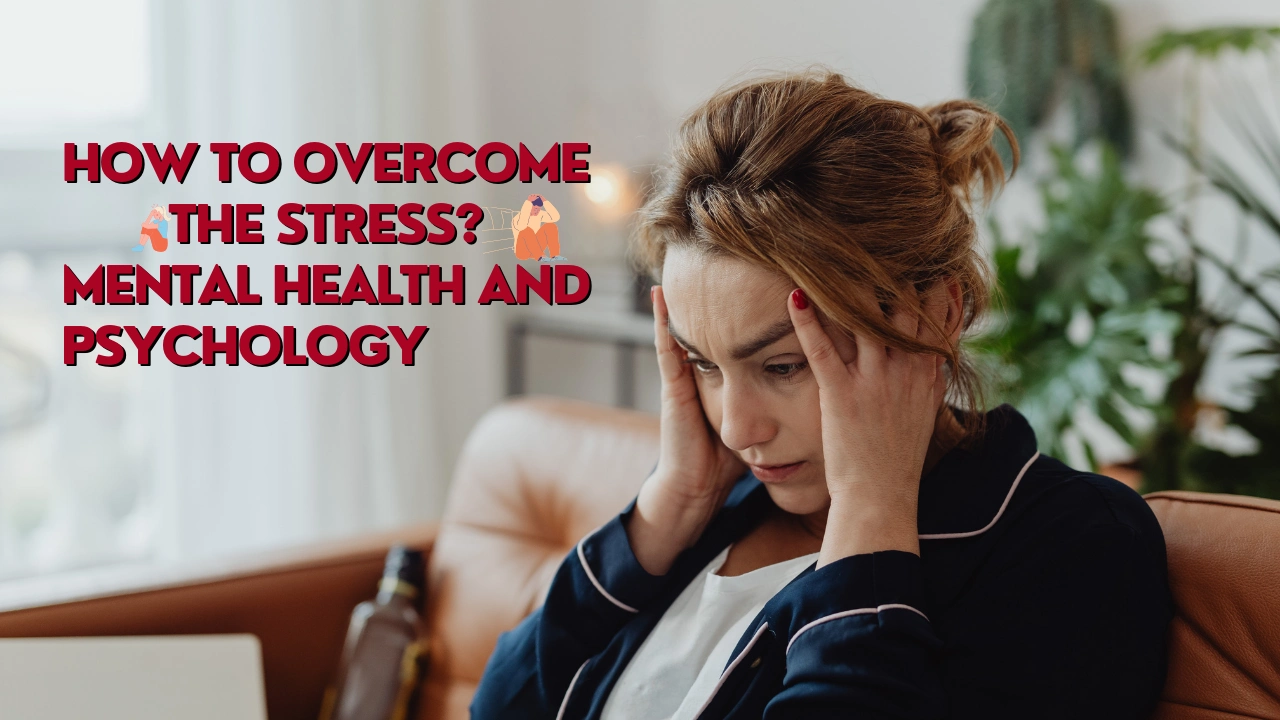Stress is an inevitable part of life, but excessive and prolonged stress can have negative effects on both our mental and physical health. Fortunately, there are many effective ways to manage and overcome stress. In this article, we will explore some tips and techniques from the field of psychology that can help you reduce and manage stress in your daily life.
Identify the sources of stress
The first step in managing stress is to identify the sources of stress in your life. This can include work-related stress, financial stress, relationship stress, or health-related stress. Once you have identified the sources of stress, you can begin to develop strategies for managing each one.
Practice mindfulness
Mindfulness is a technique that involves paying attention to the present moment without judgment. Practicing mindfulness can help you reduce stress and anxiety by allowing you to focus on the present moment instead of worrying about the past or future. You can practice mindfulness by simply taking a few minutes each day to focus on your breath and observe your thoughts without judgment.
Exercise regularly
Regular exercise is an effective way to reduce stress and improve overall health. Exercise releases endorphins, which are natural mood-boosters, and can also help you sleep better at night. Try to incorporate at least 30 minutes of exercise into your daily routine, whether it’s a brisk walk, a yoga class, or a workout at the gym.
Get enough sleep
Lack of sleep can contribute to stress and anxiety, so it’s important to make sure you’re getting enough sleep each night. Aim for at least 7-8 hours of sleep per night and try to establish a consistent sleep schedule.
Practice relaxation techniques
Relaxation techniques such as deep breathing, progressive muscle relaxation, and visualization can help you reduce stress and promote relaxation. These techniques can be practiced anywhere and anytime and can be particularly helpful during times of stress or anxiety.
Prioritize self-care
Self-care is essential for maintaining good mental health and reducing stress. Make time for activities that you enjoy, such as reading, spending time with friends and family, or practicing a hobby. Make sure to also take care of your physical health by eating a balanced diet, staying hydrated, and avoiding drugs and alcohol.
Seek support
If you’re feeling overwhelmed by stress, it’s important to seek support from friends, family, or a mental health professional. Talking about your feelings with someone you trust can help you feel less alone and can provide valuable insight and perspective.
In conclusion, managing stress is essential for maintaining good mental health and overall well-being. By incorporating these tips and techniques into your daily routine, you can reduce stress and improve your ability to cope with life’s challenges. Remember to take care of yourself, prioritize self-care, and seek support when needed.


























